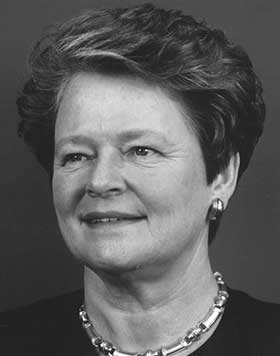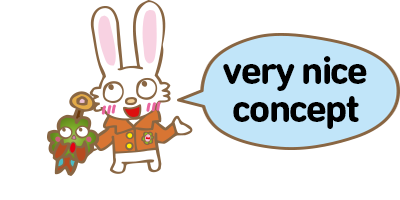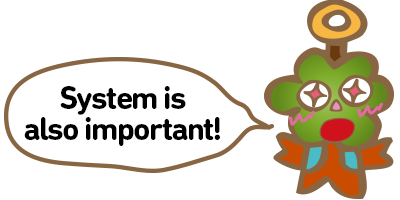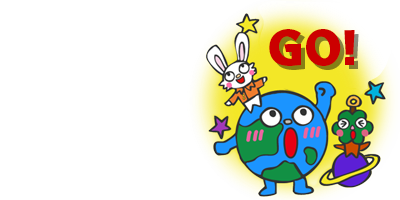3. Path to Sustainable Development
Is there any way to measure progress of sustainable development in a country?
Have you ever heard the term "sustainable development?"
This concept spread after the World Commission on Environment and Development (The Brundtland Commission) was held in 1987. Sustainable development is defined as development that allows people to maintain the ability to not only meet current needs, but also meet the needs of future generations. In other words, "it is development that meets the needs of the present without compromising the ability of future generations to meet their own needs." Briefly, it is development that maintains sufficient resources for all people now and in future. It is a very nice concept.
He thought that in order to measure real wealth for the present and future generations, it was necessary to consider not only how much we produce, buy and sell, but also how much stock we have remaining. This is because stock becomes a resource for future generations. If we cut down all the trees, future generations will not be able to build houses. However, if we care about trees now, there will be enough to pass down to the future.
Let's replace the word stock here with the word wealth. Wealth includes a wide range of things. It includes tangible items like roads and buildings as well as things like occupational skills and health, quantities that are important but less obvious. As you may already know, we should not forget nature as an element of wealth.
He adds up all the wealth in a country and includes it in what he calls an inclusive wealth index (IWI). Inclusive means including everything. He also divided the IWI by the population of the country to see if per-capita IWI increased or decreased in order to determine whether or not the country had sustainable development.
Professor Dasgupta also thought that establishing a system for the use of inclusive wealth, which Professor Dasgupta calls institutions, is also important. For example, if we have a firm water management system, it is easier to maintain water resources.
We have different systems for different groups of people. These different groups include individual households, the residents of small farming villages, the populations of big cities, and the people living in countries. In addition, the systems operate via a trusting relationship among people. Professor Dasgupta said that the quality of a country's systems significantly changes the level of the country's wealth.
The essential base that allows countries to become wealthy (productive base)
If there are two countries with a similar number of forests, the country whose government is willing to listen to the voice of the people may take better care of its forests. A combination of sufficient wealth and systems for the use of that wealth is the essential base that allows countries to become wealthy.
World vision
There are still some problems with the IWI that need to be addressed. It is still difficult to measure the value of natural resources, which makes it difficult to include them in wealth. However, said Professor Dasgupta, "It is much better to try because considering them is the first step."
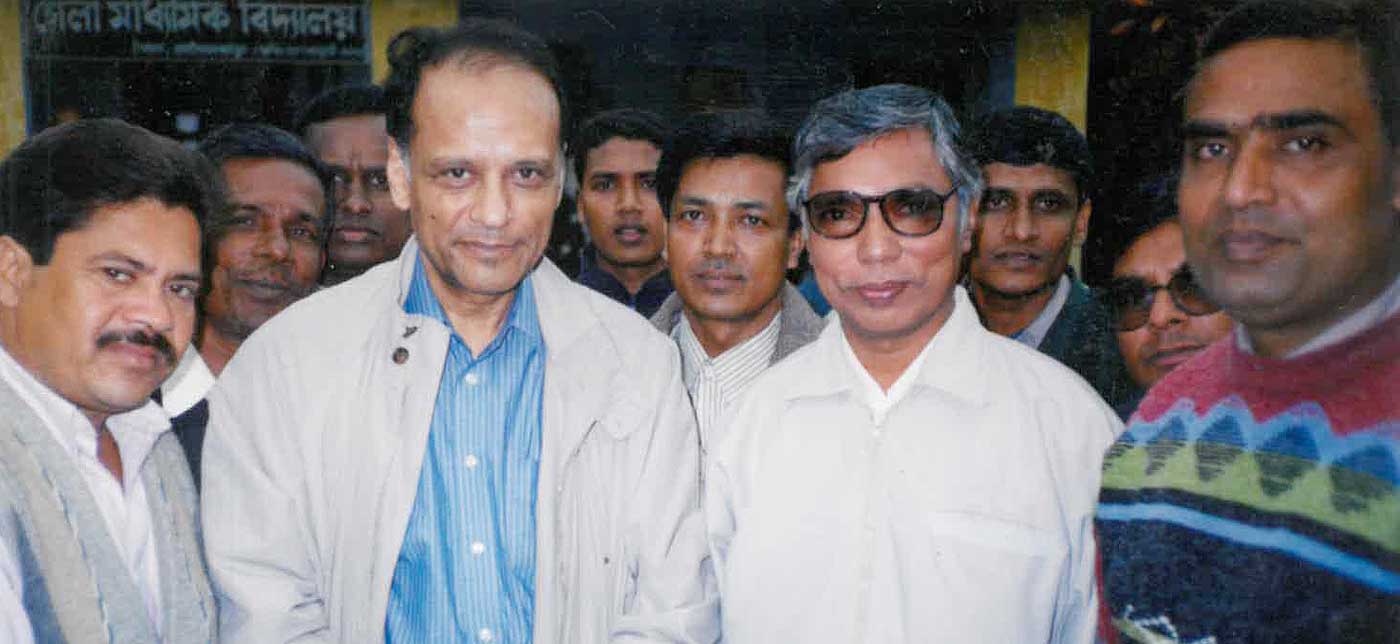
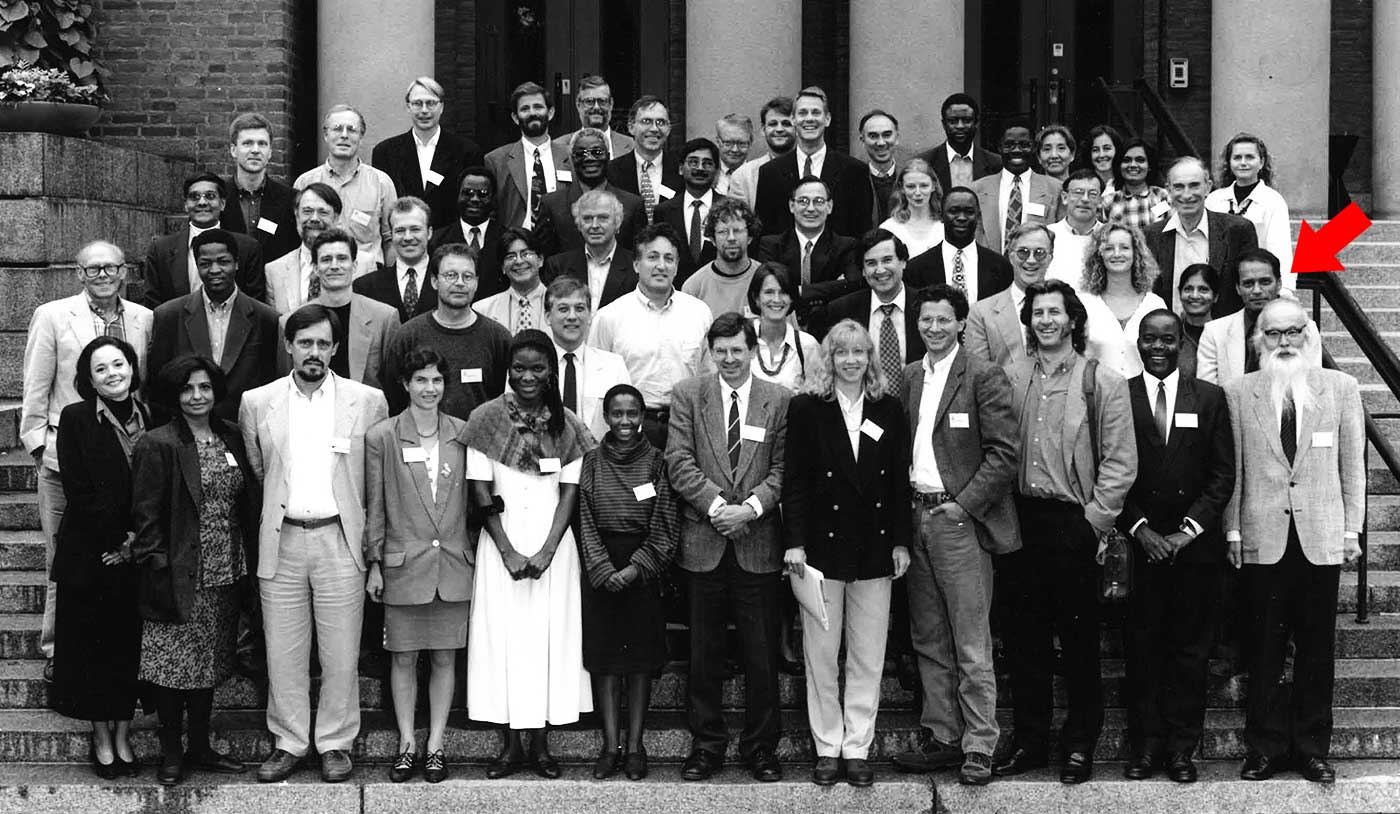
Professor Dasgupta is in the 2nd row, far right.
The person with a white beard standing in front of Professor Dasgupta is Professor Hirofumi Uzawa, the 2009 Blue Planet Prize laureate. Professor Uzawa is close friends with Professor Dasgupta.
- Editor-in-chief
- Itaru Yasui, Former Vice-Rector, United Nations University / Professor Emeritus, The University of Tokyo
Address from the Editor-in-Chief - Editorial supervisors
- Ayumi Onuma, Professor, Department of Economics, Keio University;
Rintaro Yamaguchi, Program-Appointed Associate Professor, Graduate School of Economics, Kyoto University - (Affiliation is at that time of release.)
